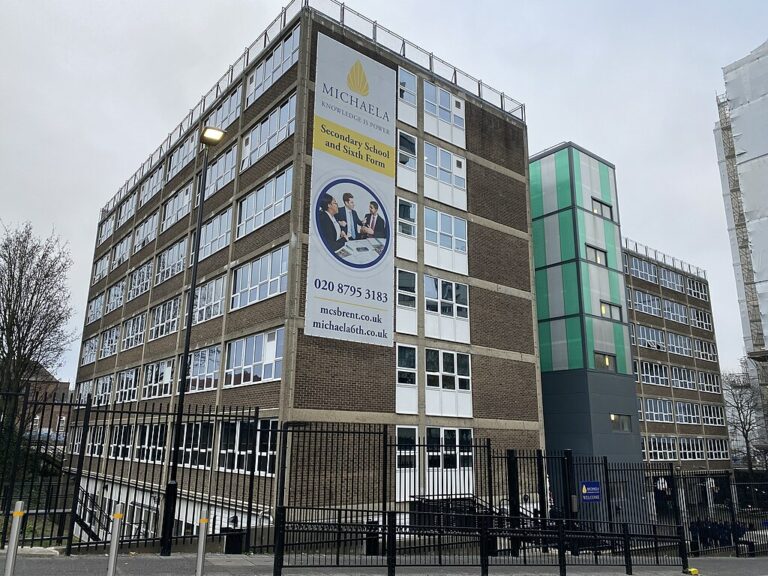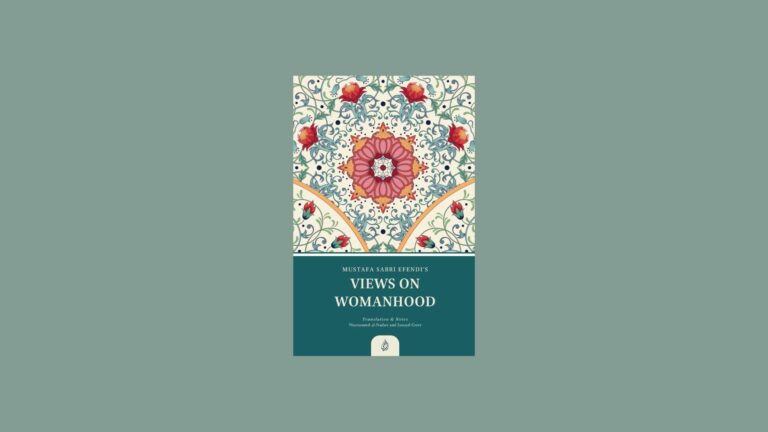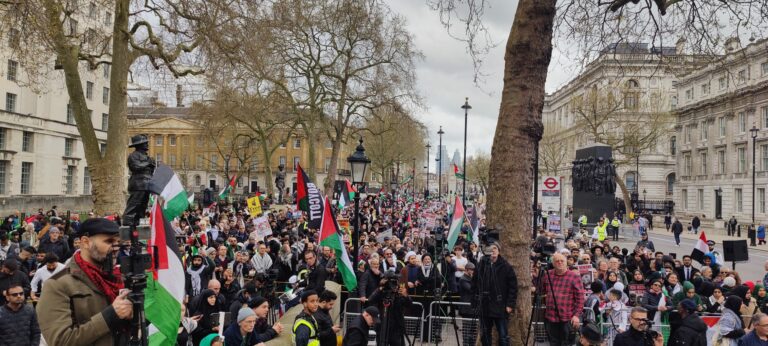United Kingdom
Submission to the UN Universal Periodic Review
First Session of the UPR Working Group
March 2008
Main issue: Anti terror legislation
Pre-charge detention
- Increase from 28 to 56 days despite no evidence that 28 days has even been necessary
- This is equivalent to a 4 month custodial sentence having serious impact on an individual’s job prospects and family life.
- Britain already has highest pre-charge detention in all liberal democracies (see Liberty briefing)
- Violation of Article 5 ECHR
- Current pre-charge detention is in Paddington Green police station where detainees are held in a solitary cell without access to sunlight or many of the amenities prisoners receive. Solitary confinement for a period of a month can affect that mindset of suspects greatly, with the extension of time to 56 days or even longer.
Post-charge Questioning
- Generally, after charge, the police cannot interview defendants. However, the Police and Criminal Evidence Act 1984 (PACE 1984), para 16.5 of Code C permits interview in relation to an offence: to prevent or minimise harm of loss to some other person, or the public; to clear up an ambiguity in a previous answer or statement; or in the interest of justice to comment on information which has come to light since the suspect was charged.
- It is clear that the extending the grounds would not require a significant amendment to the codes of practice under PACE 1984. It is arguable that re-interviews in many terrorism cases would already be permitted under the existing grounds. However, to allow certainty, a further exception could be included in the interest of national security.
- Any re-interview must be subject to the same PACE safeguards and protections afforded to any other person arrested including time limitations and access to legal representation
- Another measure in the discussion paper makes reference to the nature of the caution to be given and suggests drawing adverse inference from a failure to answer questions. Currently, no adverse inference can be drawn for not responding to questions after charge. This measure is problematic in that it fails to take into account that there are many number of legitimate reasons as to why a might not be willing or able to answer to questions during an interview. An extension to the introduction of adverse inference would shift the burden of proof away from the presumption of innocence.
- There is a real danger that the police will use post-charge questioning as a means to harass individuals after they are released. There needs to appropriate judicial oversight to ensure that this is supervised rigorously to prevent intimidation and pro-longed interrogation.
New Offence of ‘seeking information which could be useful for terrorism’
- This offence would apply regardless of whether or not the seeker intends a ‘terrorist’ use –terrorism being defined in such a broad way as to encompass many non-violent activities and to criminalise the peace movement, some strikers, or anyone planning boycotts, pickets, blockades etc. Information ‘which could be useful for terrorism’ can mean nearly anything, e.g. having maps or researching companies, and would be used for speculative charges to harass or criminalise political activists.
- Will also affect researchers, journalists, students, and curious teenagers who surf the web trying to find alternative media sources.
- Samina Malik – the ‘Lyrical Terrorist’
Travel restrictions for ‘suspects’
- For mere suspicion of involvement in terrorism, anyone could face travel restrictions and be deprived of their passport. Protesters could be prevented from travelling to international demonstrations. Like control orders, this would be punishment without trial.
Collective punishment of families of convicted terrorists
- Under control orders, the imposing of curfews, electronic tagging, restrictions on the use of telephones (and mobile phones and the Internet) and restrictions on visits by relatives and friends, even of children, have turned homes into prisons for the family as a whole. The proposal to make it easier for the court to order the forfeiture of complex assets, such as a house and a flat of a convicted terrorist would punish the family. Given the recent convictions for possessing DVDs however radical under the provisions of the ‘glorification of terrorism’, this move is extremely serious.
———————————————————-
Islamic Human Rights Commission
PO Box 598
Wembley
HA9 7XH
United Kingdom
Telephone (+44) 20 8904 4222
Fax (+44) 20 8904 5183
Email: info@ihrc.org
Web: www.ihrc.org






